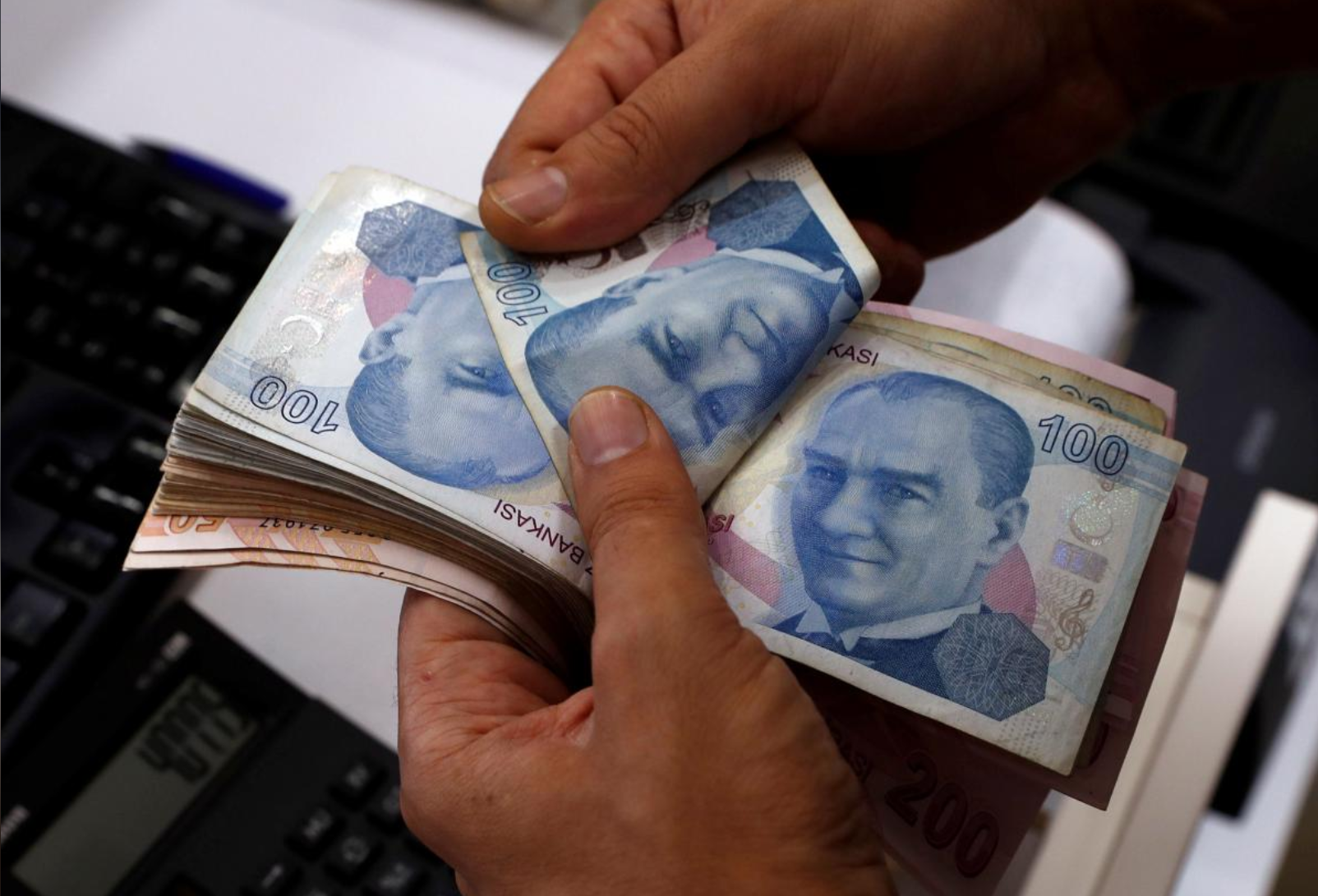The Turkish Central Bank is expected to raise interest rates on Thursday to calm a currency crisis, but forecasts for the scale of the increase vary widely as the bank balances concerns over lira weakness with worries about an economic slowdown.
The lira has slumped 40 percent against the dollar this year, weakened by unease over President Tayyip Erdogan’s influence on monetary policy and more recently a bitter row with the United States that has unsettled investors.
The central bank confounded expectations for a rate increase at its July meeting, fuelling the belief it is under pressure from Erdogan, who has called interest rates the “mother and father of all evil” and frequently urges they be kept low.
But after inflation surged in August to its highest in nearly 15 years, the central bank that it would take action against “significant risks” to price stability – a rare move to soothe financial markets.
It said its monetary stance will be adjusted at Thursday’s policy committee meeting. Analysts saw this as pointing to an increase in the benchmark one-week repo rate, now 17.75 percent – less than the annual inflation rate of 17.9 percent.
Phoenix Kalen, strategist at Societe Generale, forecast the repo rate would be raised to 20.75 percent and would be restored as the main policy instrument, after a period during which the effective funding rate has been 19.25 percent.
“Although this amount of monetary tightening may disappoint market expectations and spark renewed TRY weakness, the decision would reflect the prioritization of Turkish authorities’ concerns regarding a rapidly decelerating economy,” Kalen said.
Turkey’s economic growth slowed to 5.2 percent in the second quarter, data showed this week, and the economy is expected to slow again in the second half.
In a Reuters poll, all 11 economists predicted the benchmark one-week repo rate would be raised. The average forecast was to 22 percent, but predictions ranged from an increase of 225 basis points to 725 basis points.
“The central bank has a complete lack of credibility,” said Guillaume Tresca, senior EM strategist at Credit Agricole, commenting on why the range was so wide.
“We know they are not independent and that is it. So, you cannot predict what they will do, what you are trying to do is to predict what President Erdogan will do,” he said.
Muhammet Mercan, ING’s chief economist for Turkey, said authorities need to act with credible measures to restore confidence given the economy’s large forex debt service requirement.
He forecast the one-week repo rate would be raised to 21 percent because of the weakening lira and deteriorating inflation outlook.
FINANCIAL STABILITY RISKS?
Morgan Stanley economist Ercan Erguzel highlighted financial stability concerns and said he expected the central bank to tighten the repo rate by 425 basis points to 22.0 percent.
“On the financial stability front, the biggest risk is the corporate sector’s short FX position and its indirect impact on the banking system’s asset quality,” he said.
That is likely to have an impact on syndication rollover ratios, with September and October appearing from the monthly repayment schedule to be two critical months for rollovers, he added.
However, the ratings agency Moody’s said on Tuesday that most rated Turkish companies could handle refinancing risks despite the rising uncertainties.
The central bank last raised rates in June, lifting the repo rate by 1.25 percentage points. At the end of May it simplified its previously unorthodox policy, returning to using the repo rate as its benchmark.
In August, the bank tightened liquidity to counter the lira’s slide, shifting funding from repo auctions to the upper band of its interest rate corridor – raising the effective cost of funding by 150 basis points to 19.25 percent.
It has also taken other technical measures on reserve- requirement ratios while the banking watchdog has also taken steps to limit swap transactions to underpin the currency.
While there was wide expectation that interest rates would rise on Thursday, veteran emerging-markets investor Mark Mobius raised doubts about the benefits of such a move.
“I’m not convinced that raising interest rates is going to do anything, it’s all about confidence,” said Mobius, who recently launched his own emerging market investment trust – Mobius Investment Trust.
“OK, they raised interest rates, but what happens? People then say ‘you’re not confident. You’re not confident in your own currency therefore you’re offering us some crazy interest rates’,” he said.
